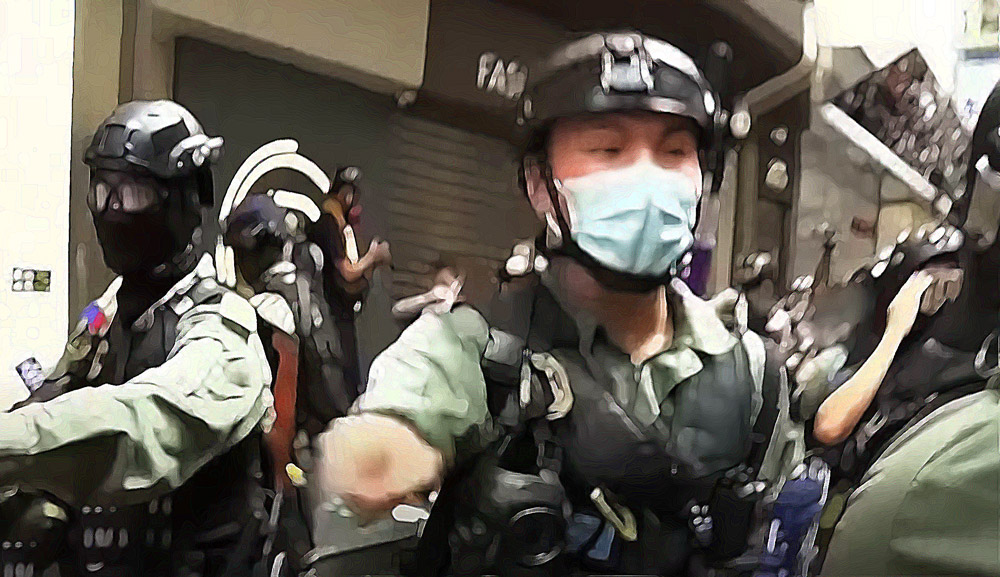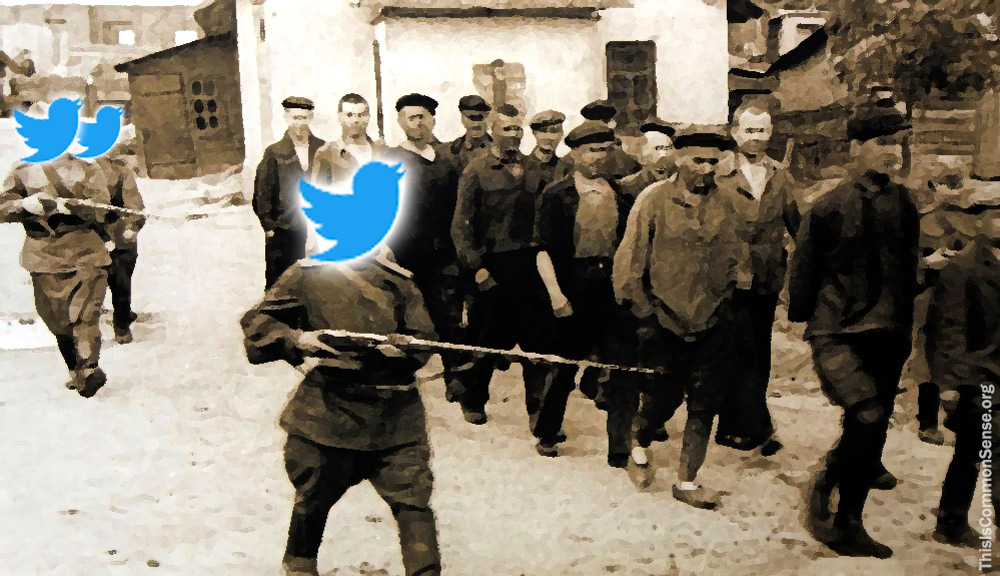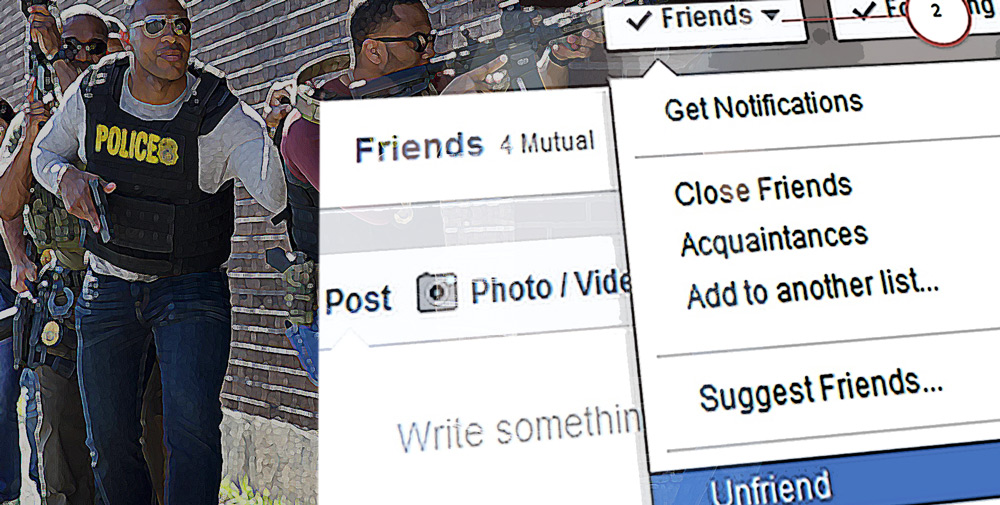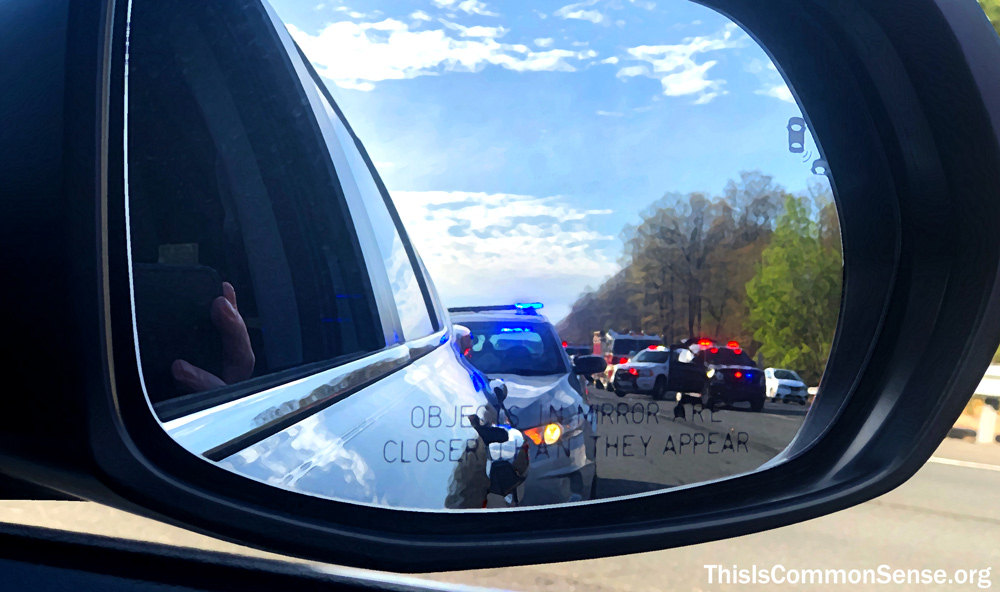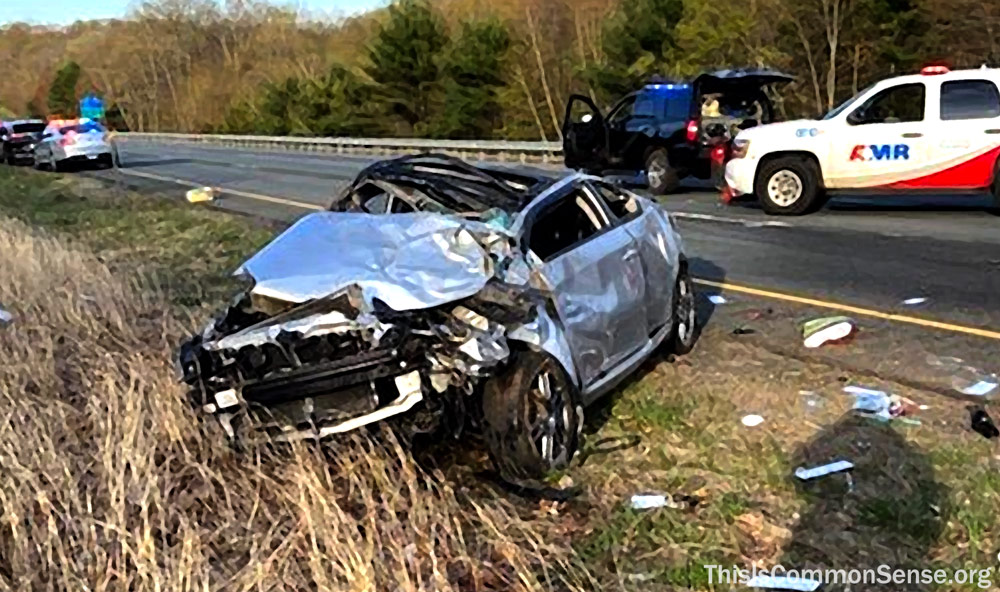Yesterday, on the 23rd anniversary of Britain’s 1997 handover of Hong Kong to China, the Chinese Communist Party (CCP) imposed a draconian national security measure on the previously semi-autonomous territory.
“The law effectively ends the long-cherished freedom of speech that Hong Kong residents have had,” reported The Washington Post, “putting them under the same threat of life imprisonment if they criticize Beijing’s government, as other Chinese nationals face.”
Supersizing police powers to “intercept communications and covertly surveil people” are also part of the CCP clampdown.
“In the past,” a pro-Beijing council member explained, “Hong Kong has been too free.”
In keeping with that sentiment, protests planned for yesterday were banned.
“They still came out,” however, noted a reporter with UK’s Sky News, “even though the cost of protest had been raised significantly on the first full day of the new law.”
“We are on street,” tweeted Joshua Wong, the young pro-democracy activist, “against national security law. We shall never surrender. Now is not the time to give up.”
“China is Hong Kong, Hong Kong is China, as of today, the first of July. It’s a sad day, but that’s what it is,” offered a woman protester. “I’ll still take to the streets. I’ll still say what I think. Because it is my right as a human being.”
More than 300 protesters were arrested yesterday.
Wong called on the “international community” to “continue to speak up for Hong Kong” and help protect its “last bit of freedom.”
This is Common Sense. I’m Paul Jacob.
—
See all recent commentary
(simplified and organized)
